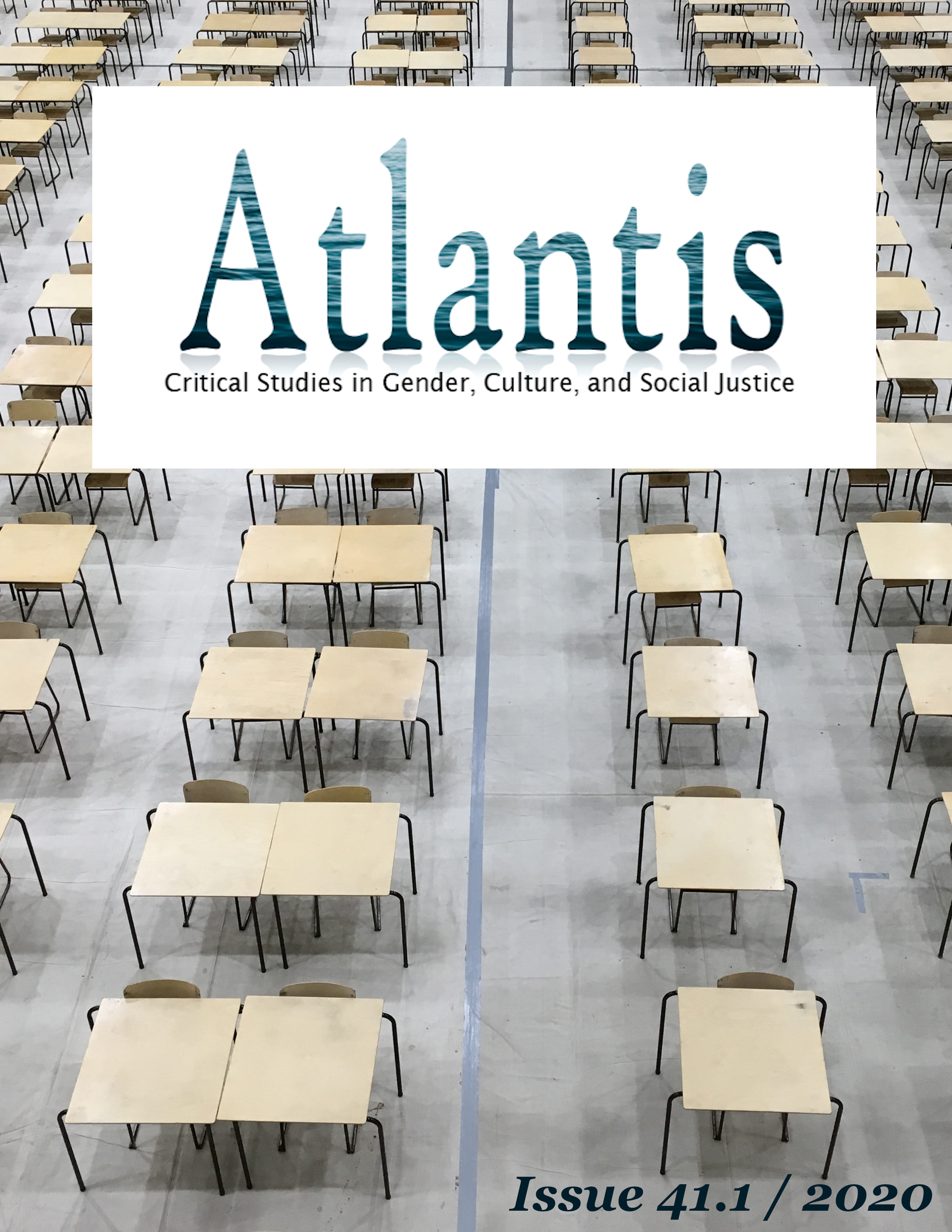Speaking Freely vs. Dignitary Harm: Balancing Students’ Freedom of Expression and Associational Rights with their Right to an Equitable Learning Environment
Keywords:
codes of conduct, equitable learning environments, freedom of expression, harmful speechAbstract
In this article, I examine the difficulty of using student codes of conduct and civility policies as a way to restrict harmful speech. I argue that policies used to monitor students’ non-academic behaviour provide administrators with a means to restrict and surveil students’ political advocacy work, especially marginalized students’ advocacy. Rather than providing a ‘safe’ learning environment, codes of conduct curtail students’ opportunities for freedom of expression and limits their ability for critical pedagogical engagement with controversial ideas. Drawing on case studies at Canadian universities, I illustrate the contradictory challenges that student activists encounter when attempting to balance principles of freedom of expression and principles of equity on university campuses. Rather than use codes of conduct, I argue that administrators should adopt criteria that help students identify and limit dignitary harms. In doing so, students will be better equipped to assess their expressive freedom and associational rights with the rights of others to an equitable learning environment. Moreover, such an approach represents a decolonial shift and promises to expand our narrow liberal conception of rights and ensure marginalized peoples’ voices and worldviews are heard.
Downloads
Published
Issue
Section
License
Authors who publish with this journal agree to the following terms:
1. Authors retain copyright and grant the journal right of first publication, with the work simultaneously licensed under a Creative Commons Attribution 4.0 International License that allows others to share the work with an acknowledgement of the work's authorship and initial publication in this journal.
2. Authors are aware that articles published in Atlantis are indexed and made available through various scholarly and professional search tools, including but not limited to Erudit.
3. Authors are able to enter into separate, additional contractual arrangements for the non-exclusive distribution of the journal's published version of the work (e.g., post it to an institutional repository or publish it in a book), with an acknowledgement of its initial publication in this journal.
4. Authors are permitted and encouraged to preprint their work, that is, post their work online (e.g., in institutional repositories or on their website) prior to and during the submission process. This can lead to productive exchanges, as well as earlier and greater citation of published work. Read more on preprints here.







